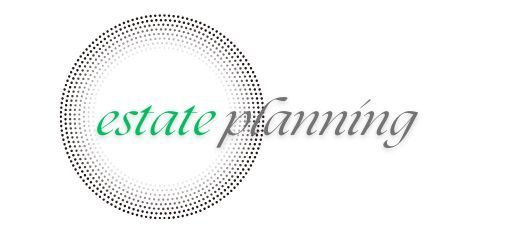
What is the Foreign Earned Income Exclusion (FEIE)?
The Foreign Earned Income Exclusion (FEIE) is a provision in U.S. tax law designed to alleviate the burden of double taxation for American citizens living and working abroad. By excluding a portion of your foreign-earned income from U.S. taxable income, the FEIE ensures that you are not taxed twice on the same earnings by both your host country and the United States.
- Unlocking Classical Economics: The Foundations of Free Markets and Economic Growth
- Mastering Cross-Culture in Finance and Business: Strategies for Global Success
- Maximize Retirement Savings: How Defined-Benefit Plans Work for Business Owners and High-Income Professionals
- Unlocking Dividend Yield: A Comprehensive Guide to Maximizing Your Investment Returns
- How Eurobonds Work: A Guide to International Debt Instruments and Their Benefits
Eligibility for the FEIE
To qualify for the FEIE, you must meet one of two eligibility tests:
Bạn đang xem: How to Claim the Foreign Earned Income Exclusion: A Comprehensive Guide for U.S. Expats
Bona Fide Residence Test
This test requires you to be a resident of a foreign country for an uninterrupted period that includes a full calendar year. This means you must have established a home in a foreign country with no intention of returning to the U.S. in the near future.
Physical Presence Test
Alternatively, you can qualify if you are physically outside the U.S. for at least 330 full days during any 12-month period. This test is more flexible and can be used by those who may not have established permanent residency in another country.
Special considerations apply to employees of the U.S. government and those under contract with the U.S. government; these individuals may not qualify for the FEIE.
Types of Income Qualifying for the FEIE
Not all types of income are eligible for exclusion under the FEIE:
-
Foreign Earned Income: This includes salary, wages, bonuses, commissions, and self-employment income earned while working abroad.
-
Non-Qualifying Income: Passive or unearned income such as interest, dividends, rental income, and retirement income does not qualify for exclusion.
How to Claim the FEIE
Claiming the FEIE involves several steps:
-
Complete Form 1040: Report your worldwide income, including your foreign-earned income.
-
Complete Form 2555: This form is used to report your foreign-earned income and calculate the exclusion amount.
-
Attach Form 2555 to Form 1040: Ensure that Form 2555 is included with your tax return.
Calculating the Exclusion Amount
For the 2024 tax year, the maximum exclusion amount is $126,500 per person. If you are married and filing jointly, each spouse can claim this exclusion if they meet the eligibility criteria. The calculation involves determining your qualifying period and adjusting your income accordingly.
Foreign Housing Exclusion and Deduction
Xem thêm : How to Calculate Exposure at Default (EAD): A Comprehensive Guide for Financial Risk Management
In addition to the FEIE, you may also be eligible for a Foreign Housing Exclusion or Deduction. These benefits can help offset housing costs incurred while living abroad. To claim these benefits, you will need to complete additional sections on Form 2555.
Common Mistakes and Considerations
When claiming the FEIE, it’s crucial to avoid common mistakes:
-
Failing to file Form 2555.
-
Incorrect calculations.
-
Misunderstanding eligibility criteria.
Properly tracking your time abroad is essential, as is understanding whether claiming the FEIE or using the Foreign Tax Credit is more beneficial for your situation.
Extensions and Amendments
If you miss the deadline for filing your taxes, you can request an extension. Additionally, if you realize you missed claiming the FEIE on a timely filed return, you can amend your return to include this exclusion.
Nguồn: https://estateplanning.baby
Danh mục: Blog







